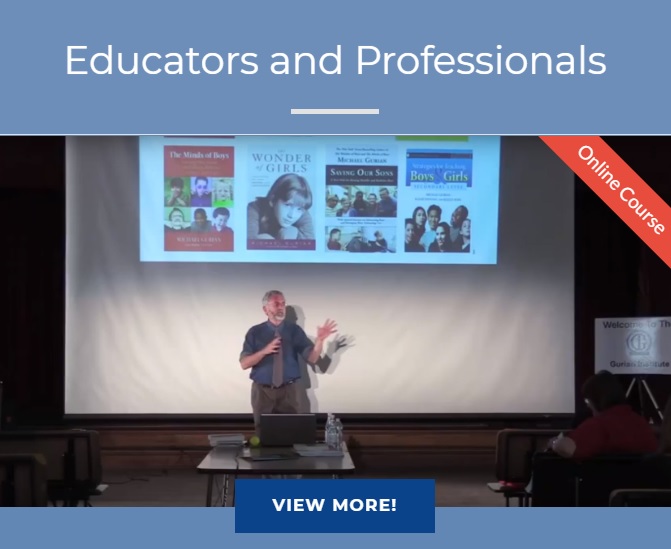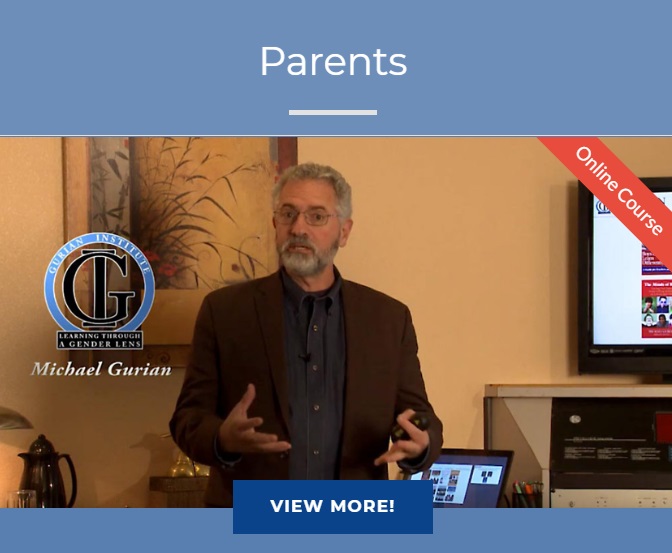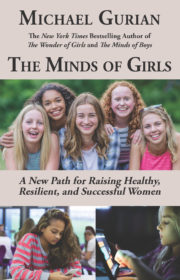In this special edition of our normal newsletter, I want to share some thoughts about how to talk with kids about the COVID crisis, manage your plethora of new family time while schools are closed, and stay sane during what will be hard times for all of us. Tim Wright and I did a podcast on this subject just two days ago which you can access on www.wonderofparenting.com by subscribing to free sources like Google or I tunes, or by clicking the free libsyn link on our site.
The first thing we can all do during this crisis is take care of one another. Protecting our family and communal bonds, even when isolated from others we love due to self-quarantine, is essential to our survival and thriving, especially in crisis. Take time every day to “check in” with at least five – ten people in your bonding circle, including your kids and, probably by phone, face time, or Skype, your family elders.
Be honest with your children about what is happening. The truth will generally not traumatize them. Hidden secrets of distress will be worse in the long run. The exceptions to this rule are the very youngest children who will benefit from seeing us acting with as much stability as possible. But for most kids, tell the truth as you can and tell it in the context of the natural resilience you, your kids, your family, and your nation have. We have been through hard times before and we have survived. This is a great truth to tell.
Tell your own stories of surviving crisis to your children. When I was a boy, my brother and I picked through the Albertson’s garbage bin three times a week to bring home lettuce, canned goods, and “anything except milk, eggs, or meat” in my mother’s words. Our family went through very hard financially times more than once in my childhood, and we adapted, we survived. You have your own stories and/or stories of others in your families who have weathered wartime, the Great Depression, POW camps, poverty, violence…tell your stories.
Let your honesty convince your children to lend their own sacred work to your family’s survival and thriving. This means everyone in the family now has daily jobs–cooking, cleaning, garbage, other chores. Every child must step out of entitlement or personal defiance to fulfill a sacred purpose in the family. Let your kids have some agency in choosing their sacred work if you can, but make sure they have sacred work to give, no matter what. If they avoid this work, there will need to be family consequences.
Be honest with your kids about anxiety and anger. Let them know your own anxiety and anger levels will likely go up, as will theirs. A mom just told me about her argument with her kids who, home 4 days from school, still resist doing chores or changing routines. She and her kids got into a screaming match, and though she wishes it hadn’t happened, she is thankful that her children now understand some of the gravitas of this family crisis. The kids have prepared a list of chores and a grid for checking off when they’ve been done.
On the anxiety side of this equation, I hope you’ll use tele-counseling, parent coaching by phone, and all other support mechanisms available to you in-family and with professionals to get support through your fears and anxiousness. Anxiety is relatively unavoidable right now, especially for people whose genes already lean in the direction of anxiety issues or disorders, and/or those who have lost their livelihoods or see that probability on the horizon. Meditate or pray at least twice a day, get exercise, spend time in nature, eat a healthy diet…do all the things you need to do in order to quiet the anxiety and ride it out.
I have received a lot of questions lately about use of screen time during this crisis. With children out of school, parents working from home, and screens an obvious babysitter, it is likely you will need to relax some of your protocols on screen time. That said, we still need to protect our children’s brains, especially those in the tender years. One dad wrote about his seven year old. He said he and his wife did not allow her a Smart Phone but had allowed her use of the I pad more, now, for school work. This means she is suddenly four more hours of screen time than before, and he’s worried. He’s right to worry if this continues for months because many hours on the I pad per day will likely not be healthy for her. But in the short term, she must get school work done, so, the I pad wins out. Crucial for every family that relaxes screen protocols in the short term is the message to kids: when you’re back in school or school is finished for this year online, we go back to better brain health. And even now during the educational crisis, games like Mine Craft, in which virtual building and learning occurs, will be better for the brain than hours on social media or hours playing most video games.
For any of you who are suddenly thrust into “homeschooling” your kids, check out the Homeschool movement that has been growing exponentially this last few years. At various times, I have been asked to speak at Great Homeschool Conventions, meeting both vendors and homeschool families in large numbers. These folks can provide a treasure trove of experience, curricula, and tools for educating children at home. If you google “homeschool curricula” or visit groups like www.greathomeschoolconventions.com you’ll begin a fascinating journey, and one that might help you in your new role.
One of the things that can only increase tensions at home are foods that negatively affect your children’s (and your own) micro-biome (gut), and, thus your brains. Junk food is something to eat little of during this crisis. The fats, unhealthy carbs, sugars, and nasty chemicals in junk food are dangerous to our brains in general. We need healthier foods so that we can avoid excessive anxiety, depression, obesity, and other issues. If you or your children have food intolerance such as gluten allergies, make sure they avoid these allergens which will, if eaten, only increase anxiety, anger, and other elements of crisis.
As you find it difficult to constantly structure your children’s days and weeks and even, perhaps, months of time at home, you might be able to let go of your own anxiety that they are not learning well if you keep them focused on four elements of brain success: many hours per day of reading time (reading whatever they like to read is good for the brain); pursuit of brain-healthy personal interests (an hour or two a day practicing their musical instruments, for instance); outdoor learning that involves building things, walking, running, even playing alone (a lot of success later in life comes from childhood play, problem-solving, unstructured time, and moving around in nature); and silent time (in many ways, we cannot know who we are when we are immersed in noise and haste, but we can when we are silent ).
Of the four elements, let me tease out the area of “personal interests.” Gray matter areas in the brain that will later lead to success in life more easily develop the more that we do a particular thing. Practice makes perfect. As your kids have more time on their hands, they can develop these gray matter, focused, interest-bearing areas of the brain somewhat more, which can mean they will become good at doing certain things, things that will hopefully lead them to success down the road. If you help them stay focused on these areas of the brain via personal interests and focused, in depth activities in those interest areas, you may hear them say to you you, ten or fifteen years from now, some variation of: “Remember when we were housebound from COVID-19 and I built that new tree house…well, I think that’s one reason I’m an engineer.”
We at the Gurian Institute believe in your sacred duty to raise up the next generation. We are here to help. Please reach out to us at gail@gurianinstitute.com or michaelgurian@comcast.net if you would like to talk via parent coaching with me or others on our team, or if you need resources that we have. We are still open for business, though we are working from home.
–Michael Gurian










